Idaho Communities to Receive $30 Million in PILT
6 Jul 2017, by admin Share : Secretary Zinke announces record rural assistance funding
Secretary Zinke announces record rural assistance funding
WASHINGTON – U.S. Secretary of the Interior Ryan Zinke today announced that 44 local governments in Idaho are receiving a total of $30 million in Payments in Lieu of Taxes (PILT) funding for 2017. The payments are Idaho’s share of the record $464.6 million distributed to 1,900 local governments around the country this year — the largest amount ever allocated in the PILT program’s 40-year history. This continues to underscore the Trump Administration’s commitment to rural communities. A full list of funding by state and county is available at www.doi.gov/pilt.
“As a kid who grew up in northwest Montana and whose sons graduated from the same high school as I did, I know how important PILT payments are to local communities that have federal lands. These investments are one of the ways the federal government is fulfilling its role of being a good land manager and good neighbor to local communities,” said Secretary Zinke. “Rural America, especially states out west with large federal land holdings, play a big part in feeding and powering the nation and also in providing recreation opportunities, but because the lands are federal, the local governments don’t earn tax revenue from them. PILT investments often serve as critical support for local communities as they juggle planning and paying for basic services, such as public safety, firefighting, social services and transportation.”
PILT are Federal payments to local governments that help offset losses in property taxes due to non-taxable Federal lands within their boundaries. PILT payments help local governments carry out such vital services as firefighting and police protection, construction of public schools and roads, and search-and-rescue operations.
“For Owyhee County, the 1976 Act authorizing Payment in Lieu of Taxes, is a critical component of funding our county relies on,” said Owhyee County Treasurer Brenda Richards. “With over 75% of Owyhee County being public land that cannot otherwise collect property tax, the PILT funds bring a significant amount of revenue that assists our county in carrying out required functions while also helping to assure stability in the county’s economic base which is intertwined with that public land. With PILT funds allowing locally elected government officials the discretion to use them where they see the need, makes sure the decisions on those funds are the best for the county.”
The payments are made annually for tax-exempt federal lands administered by the Bureau of Land Management, the National Park Service, the U.S. Fish and Wildlife Service (all agencies of the Interior Department), the U.S. Forest Service (part of the U.S. Department of Agriculture), and for federal water projects and some military installations. PILT payments are one of the ways the Federal Government can fulfill its role of being a good neighbor to local communities.
Using a formula provided by statute, the annual PILT payments to local governments are computed based on the number of acres of federal land within each county or jurisdiction and the population of that county or jurisdiction. Since PILT payments began in 1977, Interior has distributed nearly $8 billion dollars to states and the District of Columbia, Puerto Rico, Guam, and the Virgin Islands.
The Interior Department collects more than $8.8 billion in revenue annually from commercial activities on public lands, such as oil and gas leasing, livestock grazing and timber harvesting. A portion of these revenues is shared with states and counties. The balance is deposited in the U.S. Treasury, which in turn pays for a broad array of federal activities, including PILT funding to counties.
Individual county payments may vary from the prior year as a result of changes in acreage data, which is updated yearly by the federal agency administering the land; prior year Federal Revenue Sharing payments reported yearly by the Governor of each State; and population data, which is updated using information from the U.S. Census Bureau. Federal Revenue Sharing payments were made to local governments under programs other than PILT during the previous fiscal year, including the Refuge Revenue Sharing Fund, the National Forest Fund and the Secure Rural Schools and Community Self-Determination Act of 2000, among others.






